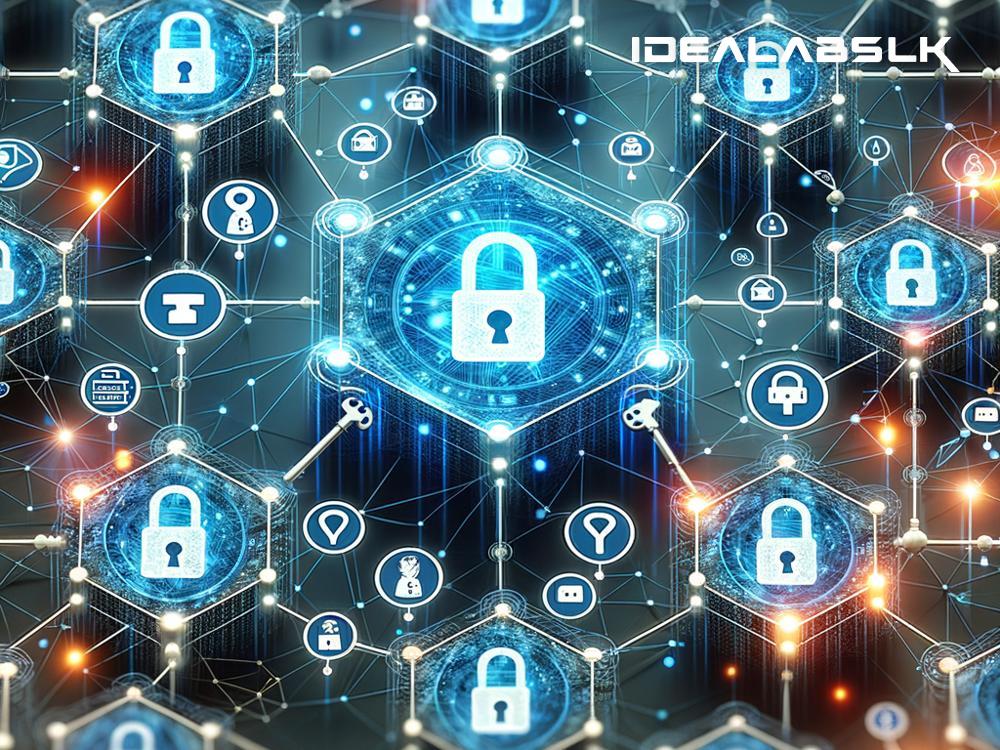Understanding How Blockchain Revolutionizes Identity Verification
In today's digital era, verifying someone's identity online is more crucial than ever. Whether it's for opening a bank account remotely, voting in an election, or accessing restricted online services, ensuring that people are who they claim to be is vital. This is where blockchain technology, best known for its role in cryptocurrencies like Bitcoin, comes in as a game-changer for digital identity verification. Let's unpack this complex technology and see how it's transforming the way we confirm identities in a simpler, more secure manner.
What is Blockchain?
Imagine a vast, public ledger that is not stored in any single location but is instead distributed across thousands of computers worldwide. This ledger records transactions in blocks. Each new block links to the previous one in a chain (hence the name blockchain), making the history tamper-proof. Because of its decentralized nature, it's incredibly secure and transparent. Anyone on the network can see the entries but cannot alter them without the consensus of the network, making fraud nearly impossible.
The Problem with Traditional Identity Verification
Traditional methods of identity verification rely heavily on physical documents and centralized authorities (like governments and financial institutions). However, these methods can be prone to fraud, identity theft, and data breaches. Additionally, the process can be cumbersome, slow, and not accessible to everyone, especially those in remote areas.
How Blockchain Enhances Identity Verification
Blockchain offers a revolutionary approach by providing a more secure, efficient, and user-controlled way of identity verification. Here's how:
-
Decentralization: Unlike traditional systems, a blockchain doesn't have a central point of control. Identity data is spread out across the network, reducing the risk of a single point of failure or attack.
-
Security and Privacy: With blockchain, personal data is encrypted and can be shared without actually exposing the underlying data. This cryptography ensures that identity information is secure and can only be accessed by those who have explicit permission.
-
Transparency and Trust: Transactions on a blockchain are transparent and immutable, meaning they cannot be altered once recorded. This creates a trustworthy environment where users can verify their identities without fearing data manipulation.
-
User Control: Blockchain puts users in control of their identity. Instead of constantly providing personal documents to various entities, users can create a digital identity on the blockchain, which can be securely shared on a need-to-know basis.
Real-World Applications of Blockchain in Identity Verification
1. Financial Services: Banks and financial institutions are exploring blockchain to streamline the "Know Your Customer" (KYC) process. It allows them to securely share KYC data across different entities, reducing redundancy, saving time, and cutting costs.
2. Government Services: Some governments are considering blockchain for issuing digital identities to their citizens. This can make accessing government services faster and more secure, especially for those without traditional ID documents.
3. Healthcare: By using blockchain, healthcare providers can securely verify patient identities and share medical records across institutions, ensuring that sensitive health data is kept private and accurate.
The Future of Blockchain and Identity Verification
The fusion of blockchain technology and identity verification is still in its infancy, but its potential is vast. As we move forward, we can expect to see more innovative applications that not only make our digital lives more secure but also more accessible. Imagine a world where proving your identity online is as simple and secure as sending an email. That future is not as far off as it might seem, thanks to blockchain technology.
Closing Thoughts
Blockchain technology is set to revolutionize the way we think about and handle identity verification. Its benefits of security, efficiency, and user control address many of the flaws in traditional systems. As with any emerging technology, there are challenges to overcome, including scalability and regulatory acceptance. However, the potential benefits for enhancing the security and efficiency of digital identity verification are too significant to ignore. As we continue to navigate our increasingly digital world, blockchain stands out as a beacon of hope for making online identities both secure and accessible to all.

